Social Evolution

Social Evolution in Clown Anemonefish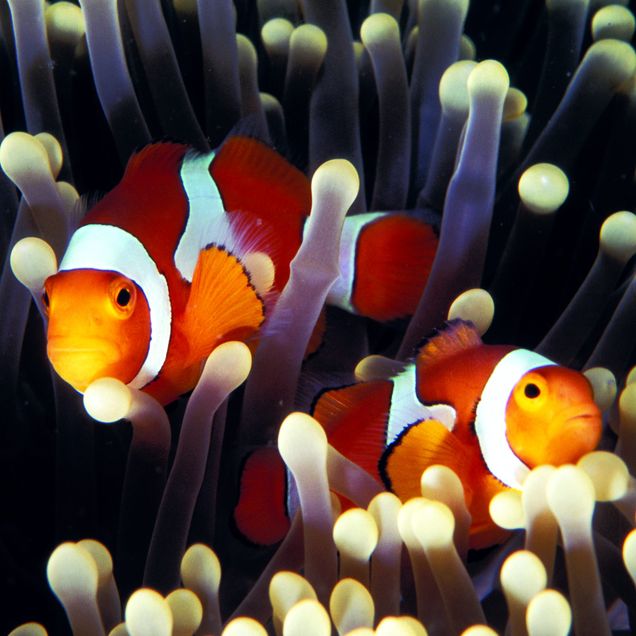 Our first line of research focuses on understanding the ecology and evolution of non-breeding and helping strategies. Such strategies are seen in cooperatively breeding birds, mammals, and eusocial insects, and they have been of interest to evolutionary biologists ever since Darwin pointed out the difficulties that they posed for his theory of natural selection. We conducted some of the first investigations of non-breeding strategies in marine fishes: the anemonefish Amphiprion percula, in Papua New Guinea. We demonstrated that non-breeders tolerate their situation because they will inherit territories in the future and there are strong ecological and social constraints. Our work illustrates the importance of understanding future benefits and hidden threats, if we are to understand the behavior of individuals in animal societies. (Relevant Publications).
Our first line of research focuses on understanding the ecology and evolution of non-breeding and helping strategies. Such strategies are seen in cooperatively breeding birds, mammals, and eusocial insects, and they have been of interest to evolutionary biologists ever since Darwin pointed out the difficulties that they posed for his theory of natural selection. We conducted some of the first investigations of non-breeding strategies in marine fishes: the anemonefish Amphiprion percula, in Papua New Guinea. We demonstrated that non-breeders tolerate their situation because they will inherit territories in the future and there are strong ecological and social constraints. Our work illustrates the importance of understanding future benefits and hidden threats, if we are to understand the behavior of individuals in animal societies. (Relevant Publications).
Strategic Growth in Social Vertebrates
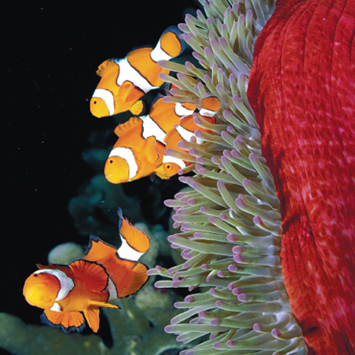 (Relevant Publications).
(Relevant Publications).
Extraordinary Life Spans of Clown Anemonefish
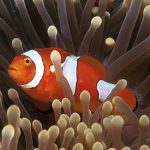 (Relevant Publications).
(Relevant Publications).
Ecology and the Evolution of Sex-Change
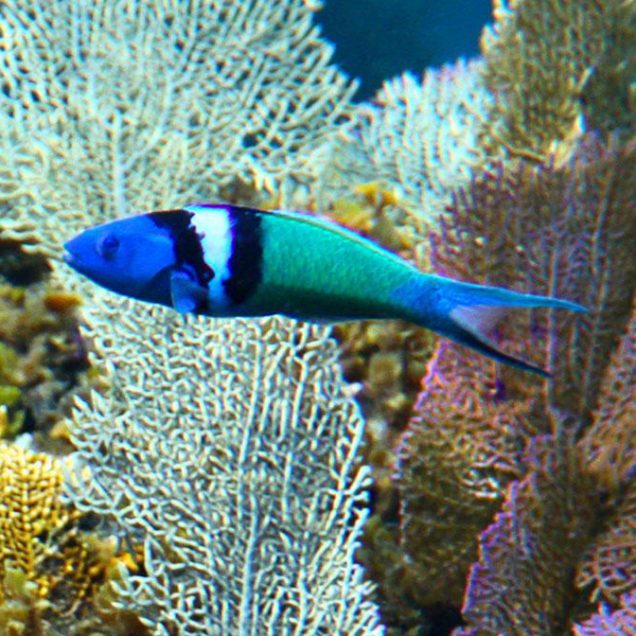 (Relevant Publications).
(Relevant Publications).
Reproductive Skew Theory
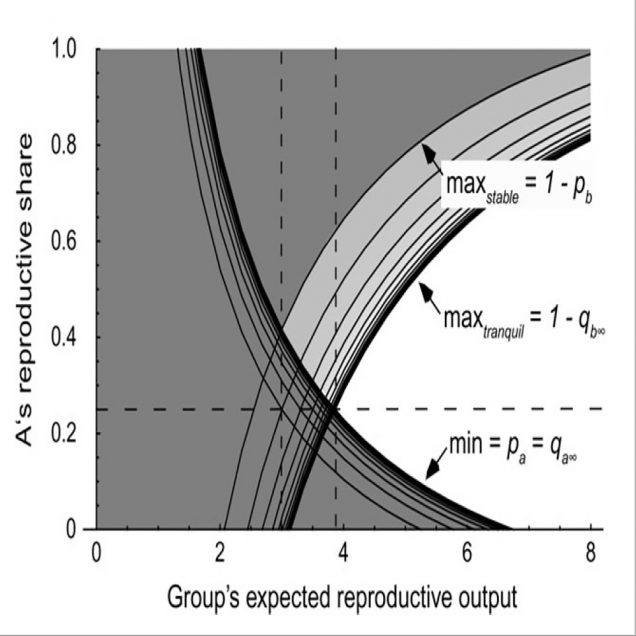 (Relevant Publications).
(Relevant Publications).
Social Evolution in Emerald Gobies  (Relevant Publications).
(Relevant Publications).
Social Networks in Humbug Damselfish
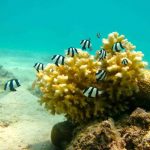 (Relevant Publications).
(Relevant Publications).
Personalities in Clown Anemonefish Societies
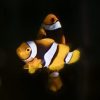 (Relevant Publications).
(Relevant Publications).
Parental Negotiations in Clown Anemonefish 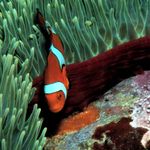 (Relevant Publications).
(Relevant Publications).